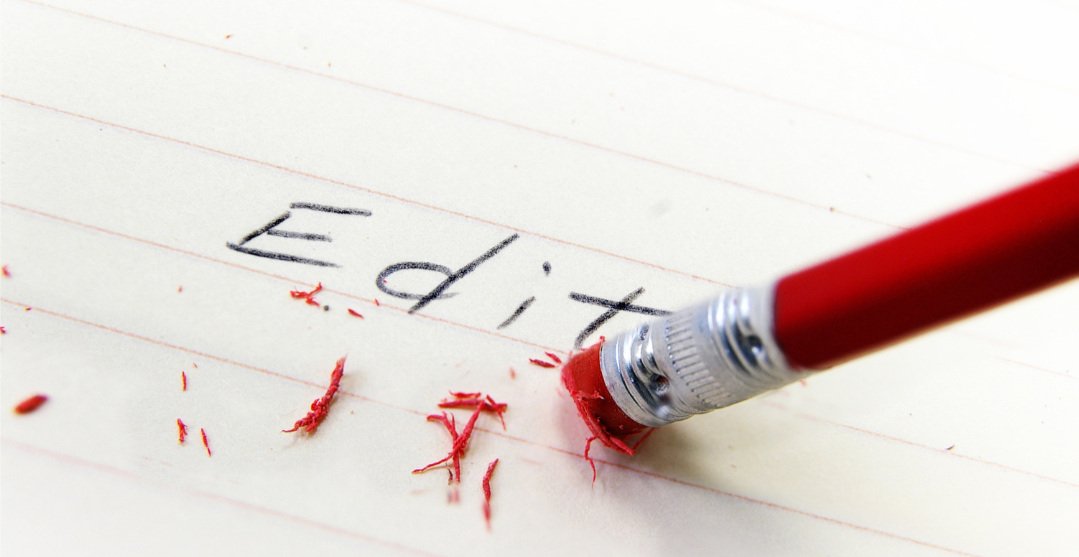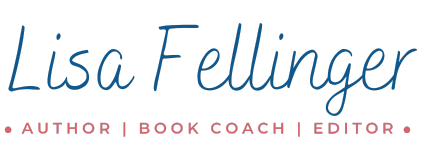
Welcome to the Blog

The Biggest Mistakes Writers Make When Revising Their Novels — And How to Fix Them
You finally have a finished draft of your manuscript but now comes the tricky part: figuring out how to revise a novel. Revision can feel confusing and overwhelming, leaving you tempted to stuff the whole thing in a drawer and never look at it again. But with a clear approach, you can transform your draft into a polished, compelling story.

Behind the Scenes of a Developmental Edit
If you’re anything like me when I first started taking my writing seriously, you may have heard the term developmental editor tossed around but may not be sure exactly what a developmental edit is or how it’s different from other types of editing.
A developmental edit is the first type of edit you want to have completed for your manuscript. This is the edit that looks at the big picture to ensure that your story works. It looks at things like character arcs, plot development, pacing, and structure and offers guidance and feedback on how you can make your story stronger.

Self-Editing Tips for Fiction Writers
While I’m a huge proponent of working with a developmental editor, I also strongly believe the best way to make the most of that investment is to get your manuscript in the best shape you’re able to on your own before handing it off to an editor. This is important because if your editor needs to spend time addressing issues that you could have fixed on your own, that’s time away from deeper aspects of the manuscript that you may not have seen or may not have known how to address.

Why Filter Words Hurt Your Writing
Overusing filter words is one of the most common issues I find when completing developmental edits. The good news is, once you know how to recognize filter words in your own writing, they’re generally a pretty simple fix. But if you don’t know what filter words are or how to identify them in your writing, they can have a rather big negative effect on your manuscript.

Why POV Slips Hurt Your Story
One of the most common issues I see in manuscripts I edit is point of view (POV) slips. POV slips are when the writer slips out of the POV the scene is written in and dips into another character’s POV. This often has the result of feeling jarring to the reader and pulling them out of the story. Depending on who your reader is, they may not be able to articulate why they felt pulled out of the story in that moment, but for most readers, a POV slip does pull them out of your story world for a moment, maybe more.

The Different Types of Editing
The term “editing” refers to a lot of different processes in writing, so it can understandably be confusing when writers hear that they need to hire an “editor.” Having a solid understanding of the different types of editing (and at what point in the process you’re most likely to need each type) can help you communicate your needs to professional editors and also help you research and vet an editor you may want to work with.

Why Didn’t I See That?
A year-and-a-half ago, I’d hired my own developmental editor for my manuscript. I’d been working on this story for several years by this point and had worked on it in workshops and solicited critiques and feedback from fellow writers. But there is such a thing as too much feedback when it comes to our writing, and all the feedback and input I’d received left me feeling confused about the direction I needed to take to really make this story work.

Why Too Much Feedback Can Be Harmful
Excellent advice for any writer is to get feedback on your writing. No matter what stage you’re at, how advanced you are, or how naturally talented, gaining feedback on your writing is a great way to learn and improve and to catch issues with your writing that you’re simply too close to the story to see. But there hits a point when you may have too much feedback for it to actually be beneficial.

When and Why You Need a Developmental Edit
The term “edit” and “editor” get thrown around a lot in the writing world, which can easily become confusing as these terms can apply to a broad range of things. There are copy editors, acquisitions editors, content editors, developmental editors…the list goes on. So what exactly is developmental editing and where does it fit into the grand scheme of completing a novel?
